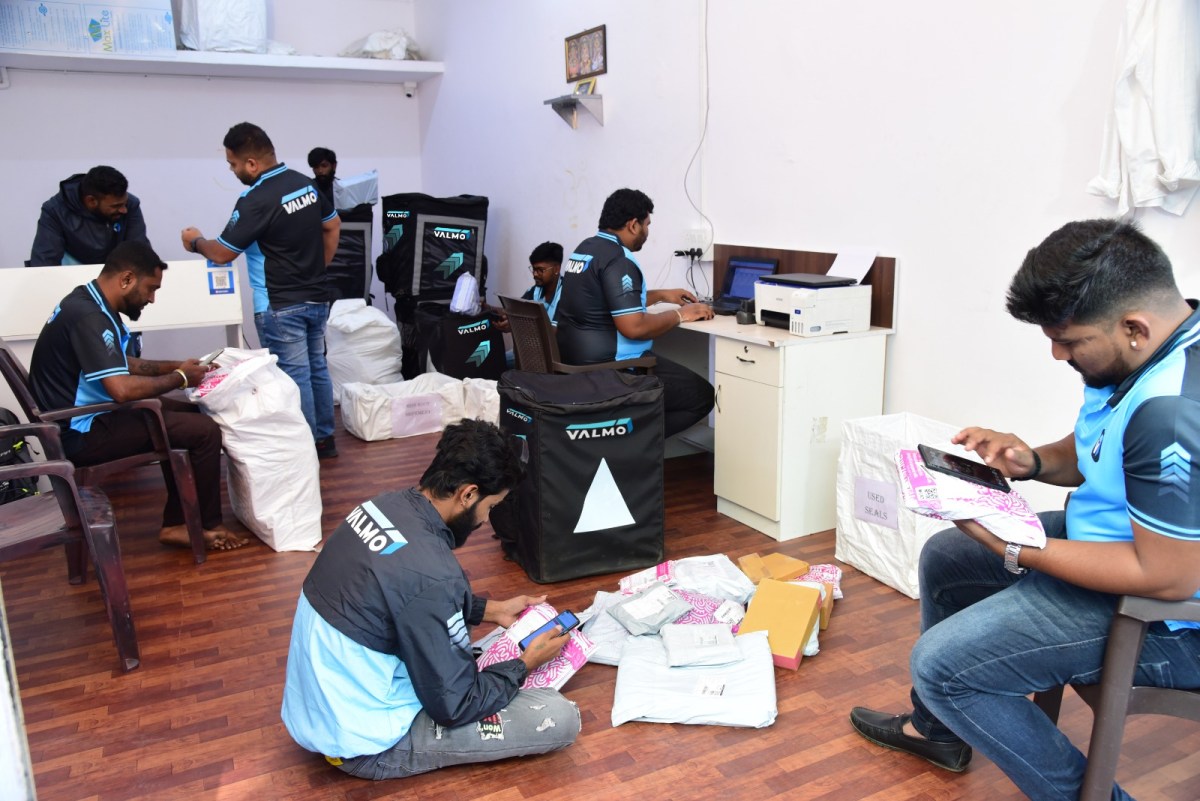India is one of the fastest growing economies, yet its supply chain system remains antiquated, operating much as it did decades ago. The logistics sector is highly fragmented, with a majority of small, regional operators lacking scale and efficiency. Regional truckers still rely on brokers and word-of-mouth to secure cargo, while severe truck shortages in […]
© 2024 TechCrunch. All rights reserved. For personal use only.
India is one of the fastest growing economies, yet its supply chain system remains antiquated, operating much as it did decades ago. The logistics sector is highly fragmented, with a majority of small, regional operators lacking scale and efficiency. Regional truckers still rely on brokers and word-of-mouth to secure cargo, while severe truck shortages in urban manufacturing hubs delay transport of goods.
And that’s a problem for India’s rapidly expanding e-commerce sector — and the players involved. Meesho – backed by Prosus Ventures, Fidelity, SoftBank and Peak XV – is having a go at plugging the gaps in the country’s supply chain.
The Bengaluru-headquartered startup launched a network, called Valmo (short for value movement), on Wednesday that aims at bringing together logistics platforms, technology partners and small entrepreneurs operating sorting centers to optimize the delivery process.
Meesho is betting on micro-entrepreneurs because they have strong understanding of local communities and have the latent capacity to take on additional work, the startup said. The network allows delivery partners to be located closer to users, thereby reducing the time taken for each delivery. It also offers full visibility into a parcel’s journey, maintaining an on-par experience for customers.
Valmo making inroads. Image credit: Meesho
“Valmo is about getting organized smaller players to play a part in the larger e-commerce system,” said Sourabh Pandey, CXO of Fulfilment & Experience at Meesho, in an interview. The smaller players amount to only about 20% of the e-commerce deliveries today. “With Valmo as a network, we believe we can take that share to 45%,” he said.
Meesho is also defying the traditional logistics model, where operators get large boxes and fill them with volume to lower the overall cost.
“We strongly believe in the opposite of that,” said Pandey. “We believe in creating a more plug-and-play network, which can add capacity on demand and we think this will be a more lower cost operating model. Even if there is large volume moving out a city into multiple destinations, we route them through multiple disaggregated nodes.”
Valmo is a win-win for all ecosystem participants. Micro-entrepreneurs are able to find more work, whereas the network generates more demand for delivery players. Because Meesho is attempting to tap the bandwidth that is currently not being utilized at full-scale, it’s able to lower the delivery cost — benefiting both buyer and seller.
Pandey said the startup began piloting the project last year and Valmo is now already operational in 20 states in India, enabling over 800,000 orders a day. Valmo is currently only being used by sellers to process Meesho orders, he said.
Meesho doesn’t see Valmo as a way to remove its reliance on its current logistics players — Delhivery, Shadowfax, Xpressbees, Ecom Express — and is hopeful that many of them, if not all, will participate in the new network, Pandey said.

Leave a Reply